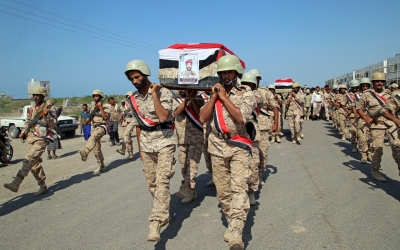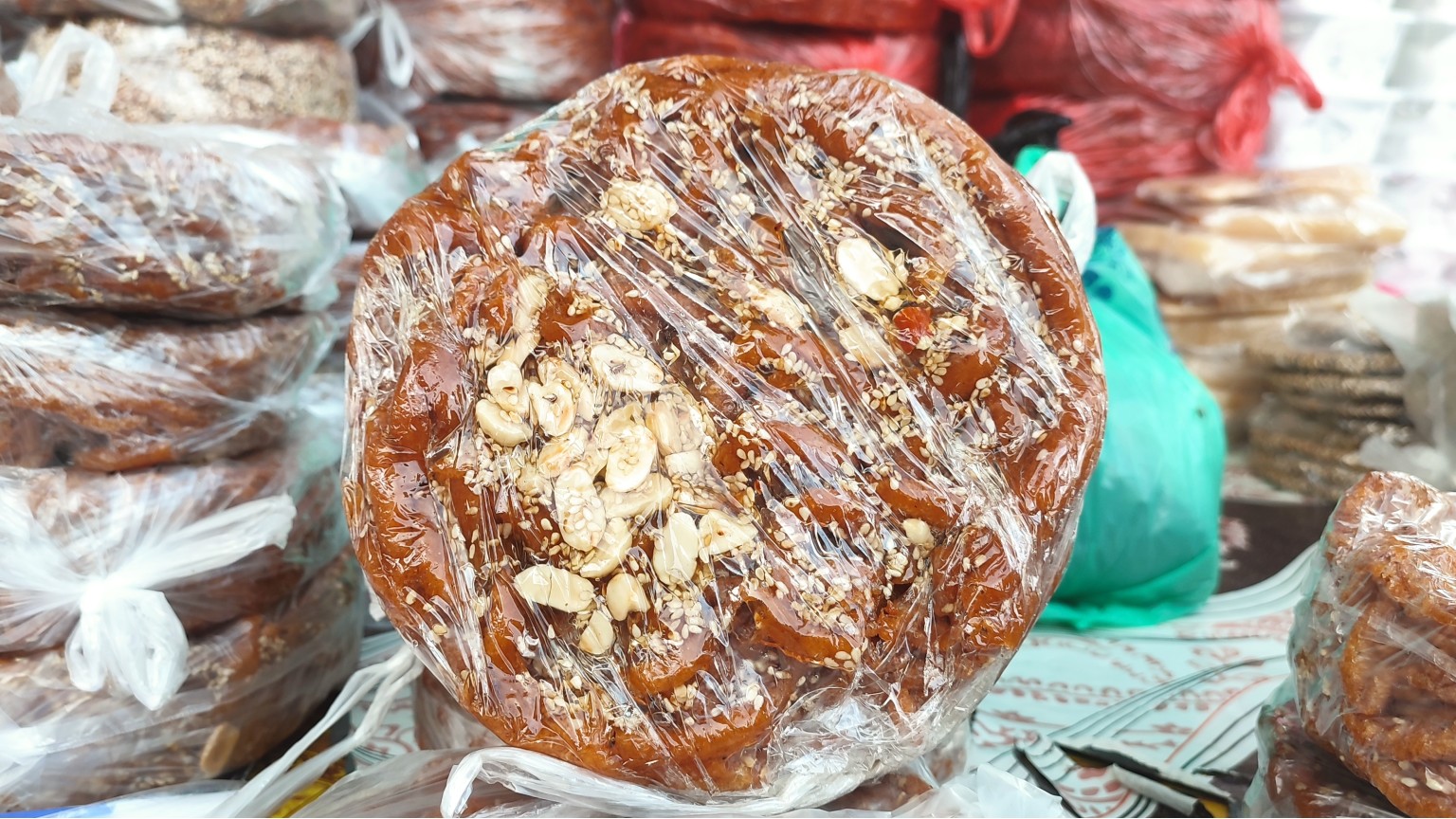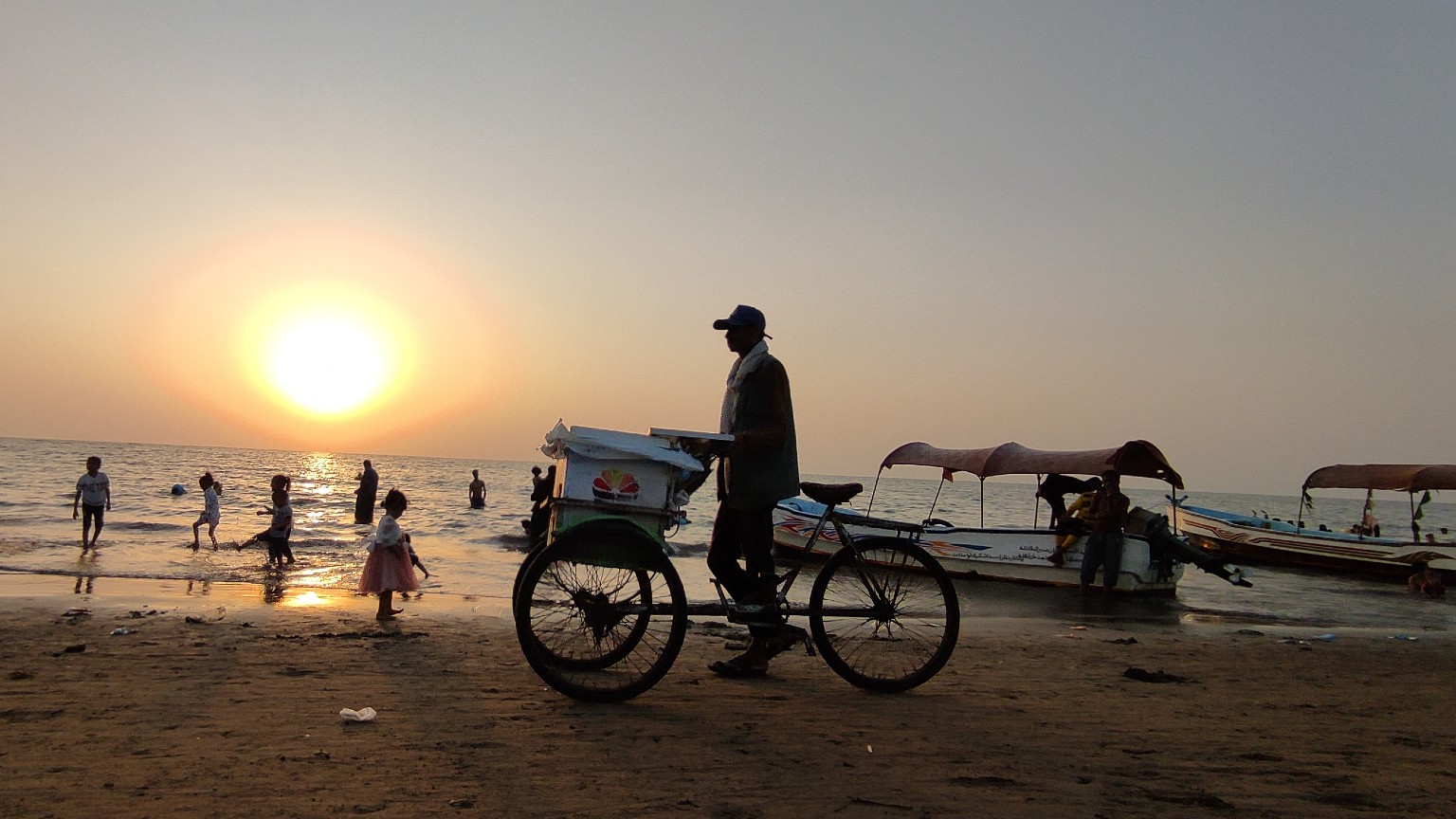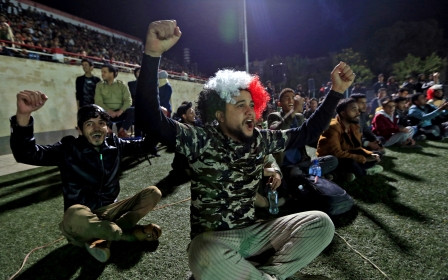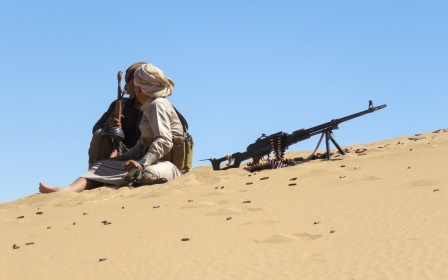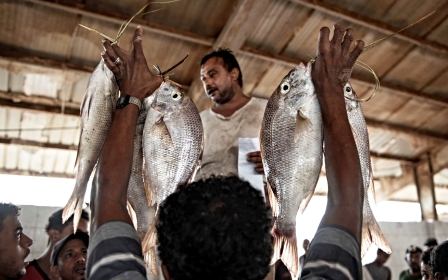Yemen: How Hodeidah went from battleground to beach holiday destination
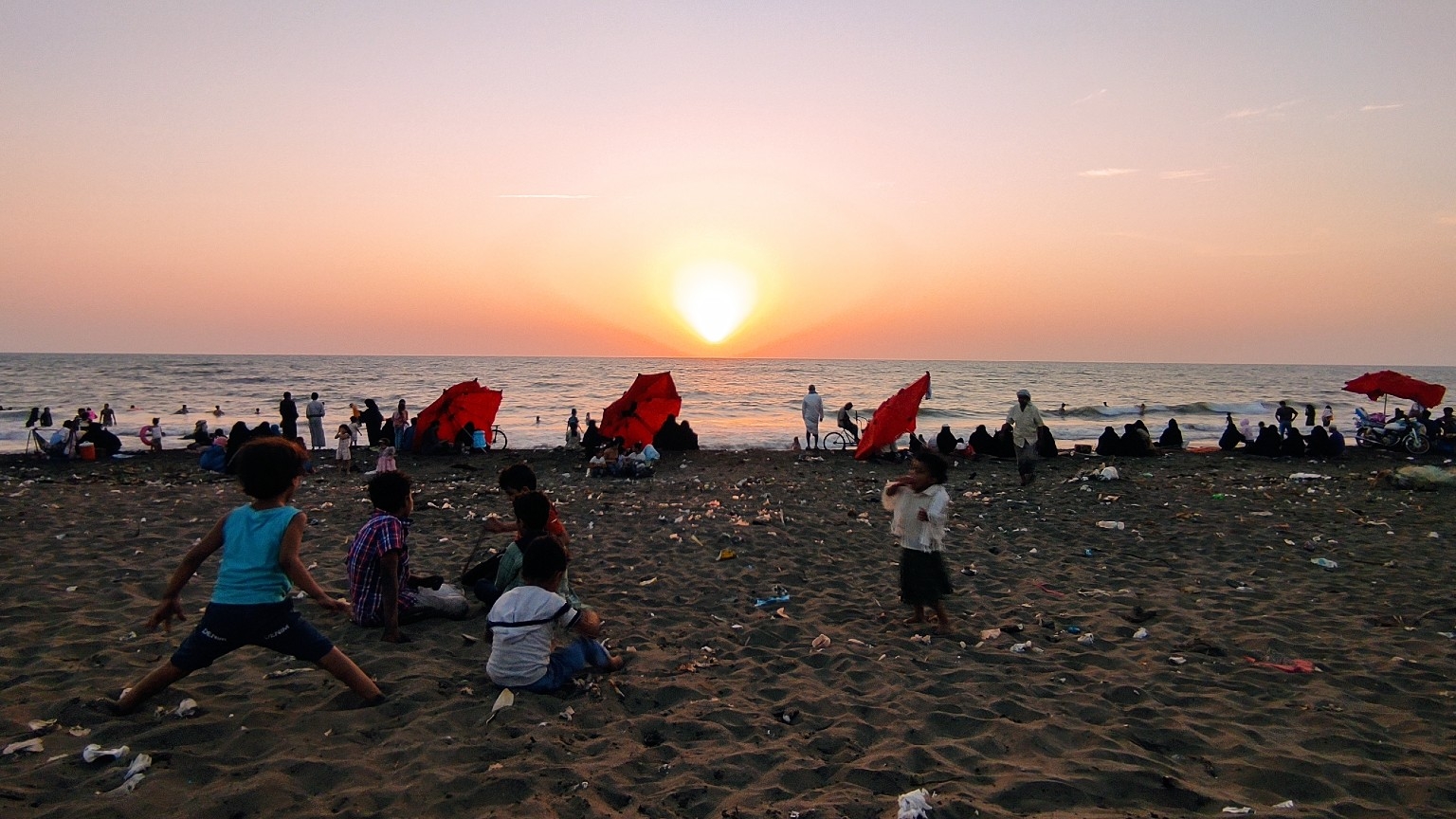
For three years, a frontline ran across this coast.
The beaches and markets of northwest Yemen's Hodeidah were often a risky place to visit, and the buzz that the area attracted during the winter months, when sunseekers left the chill of mountainous areas like Sanaa, was noticeably absent.
But last month, there was a Houthi advance, fighting shifted far from the Red Sea city, and suddenly people are back on Hodeidah's beaches.
Yemen's seven-year conflict has, for now, moved on from these shores. The Houthi movement and forces loyal to the internationally recognised government are battling elsewhere, and visitors are taking full advantage.
Hussein Abdulwahab, a 42-year-old Sanaa resident, used to spend a few weeks in Hodeidah every year, before 2018.
“Hodeidah is the best place to visit in winter, as the weather is good, but we were deprived of that for the past three years, as it wasn’t safe and the sea wasn’t accessible,” he told Middle East Eye.
“Peace is mandatory for life. Now Hodeidah city is full of visitors and normal life has returned here, so we hope this sends a message to warring sides to stop fighting and let us enjoy peace.”
The soldiers’ departure has encouraged a new kind of invasion. Abdulwahab and his family struggled to find a hotel in Hodeidah because so many Yemenis have headed to the seaside to relax. Men, women and children from different provinces are to be found all along Hodeidah’s Red Sea beaches, while vendors sell ice cream and other treats.
Schools have broken up for two weeks, and many children are celebrating after finishing their exams.
“All of us are enjoying swimming, riding boats, playing with sand and even listening to the sea. Children hardly go back to the hotel, as they like playing on the beach,” said Abdulwahab.
Make mushabak, not war
In Al-Mitraq market, Alaa Addin sells mushabak, a local sweet he made himself. It’s been a long time since the market was this busy, and Addin struggled to provide for his family over the past three years with no visitors to buy his sweets.
“Nowadays I sell more than before the war, and I can provide for my family and save some money,” he told MEE. “I’m very happy that my suffering was solved and I could resume my work.”
Conflict, competition between two central banks and a Saudi-led blockade have caused huge economic problems and soaring inflation in Yemen, and Addin said everything is now more expensive than it was four years ago. But that’s OK, he says, just as long as there’s demand for his sweets.
“Recently, residents of Hodeidah returned to their homes and the city is full of visitors who came to this market to buy mushabak,” he added. “Most of the visitors to Hodeidah buy mushabak, as it is a kind of sweet that Hodeidah is famous for.”
Addin and other mushabak sellers work late into the night, with families crowding round to haggle down the price and buy bundles to take home to friends and relatives.
“We’ve had a difficult few months, with just a few people coming to buy mushabak. We hope the battles don’t come back."
Why Hodeidah?
Hodeidah is now experiencing a tourism boom not seen even before the war broke out in late 2014.
Traditionally, Yemenis from Sanaa could choose to soak up the sun in either Hodeidah or Aden, in the south. But once the fighting started, dividing Houthi-held Sanaa and government-controlled Aden, it became unsafe to travel to the southern city.
Today, across Hodeidah’s streets, beaches and markets you can hear Yemeni dialects from all over the country. Residents hope it’s a sign that life can get back to normal and the country can be united again.
'The people of Hodeidah welcome anyone, and we don’t feel that we came from another province'
- Ashraf al-Zuraiqi, Sanaa resident
Ashraf al-Zuraiqi used to prefer holidaying in Aden, but “we need to cross conflict zones and go through unsafe and rough roads.
“In addition to the road, we face discrimination and a lot of insults in Aden. Some people don’t welcome visitors from the north,” he said.
Currently, the Southern Transitional Council, which demands independence for southern Yemen, is in control of Aden, and northerners say they face increasing hostility there.
“The services and beaches in Aden can be better than Hodeidah, but the people of Hodeidah are better, as they welcome anyone, and we don’t feel that we came from another province,” said Zuraiqi, who came from Sanaa with his family.
However, Zuraiqi says that after three years caught up in the fighting, Hodeidah is overdue some investment.
“It is true that Hodeidah is full of visitors, but that’s not because of the good services but because it is a safe and accessible area. It needs services like more restaurants, more hotels and some projects near to the sea,” he added.
Zuraiqi expects investors to be jittery about ploughing money into Hodeidah after all the unrest, but hopes to see some people take a chance on the city soon.
“Hodeidah is accessible now and we are enjoying our time. That’s the most important thing; everything else can come later.”
Middle East Eye delivers independent and unrivalled coverage and analysis of the Middle East, North Africa and beyond. To learn more about republishing this content and the associated fees, please fill out this form. More about MEE can be found here.


